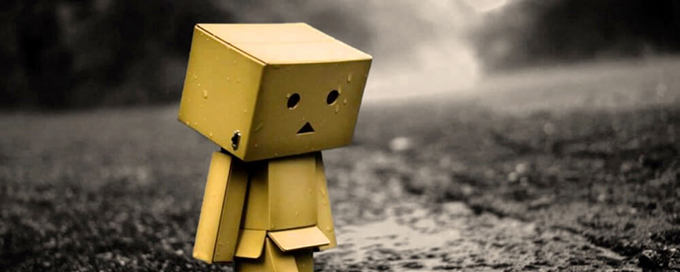
“Today I got a date with my jury. So. Well. Pretty excited about it”
I announced my impeding PhD thesis defence to a friend with these words. And yet, the feeling was much more complex than just excitement. It was difficult to find the right words to express the intricate mix of fear, excitement, trepidation, and incredulity that I felt.
Most PhD students endure various phases of doubt, during which the prospect of defending seems very remote, and perhaps totally out of reach. Some named these phases “The Valley of Shit“. PhD lore and wisdom has it that all students will cross it sooner or later. It is then time for them to demonstrate their determination in face of hostility. It is supposed to end one day.
But some of us get stuck in it for a long time. Sometimes for so long that we may begin to think that we will never go out of it, that we have managed to fail our PhDs in a very special way.
I certainly thought this.
I stayed in The Valley for a very long time. Most of my PhD, actually. This lead to me considering quitting for a year and half. Even after my supervisors convinced me to finish it, I still wanted to quit academia. In the Valley my appetite for science, my curiosity, and my motivation drowned in the dark stinky water that surrounded me.
But this post is not so much about The Valley, it is about the feelings that I unexpectedly experienced at the end of my PhD, while I was getting out of the Valley. Perhaps these feelings define what it means to leave the Valley. I want to share them in the hope that it may bring a tiny light to some of the lost wanderers.
With my best non-native English speaking awkwardness, I wrote my friend:
“Something great happened in the last month, which I had not expected. I got excited about science again. Cool, eh? I am still plagued with doubts about the future, but I am considering the idea of doing a postdoc again.
More importantly, I am having fun writing up my thesis chapters. I already wrote a first draft of two chapters. Writing the second chapter was challenging, but I actually had fun doing it. This experiment has been a huge heap of stress during the whole of my PhD. There was always something stressing and time consuming in the future: getting the plants, keeping them alive, transplanting them, measuring the thousands of them, analysing the data, writing the paper. It was always a huge daunting task in the future. And now, the worst is suddenly in the past. The analysis is not quite finished, but the preliminary one is solid enough for a PhD dissertation.
I read some papers, both some very inspiring ones, and some… not so good ones. It motivated me. To be more inspired. To try to do inspiring work. To write better articles than the bad ones.
This was good news. The passion for science, the curiosity, the challenges for the brain, the discovery had been pretty much one of my main personal drivers. I have invested more time into science than in anything else. If I look at the past ten years, I think that these were the most consistent drivers I have had. That is, before the past two years… And losing them left me empty, and lost. Not only because suddenly, it felt as if I had no future, but also because there was nothing else to replace them. Hell, that was not pretty.
I am not sure what will happen next. But I get pleasure discussing science with people again, and I have fun writing. Actual fun. And I can begin to picture myself interacting with people, collaborating with scientists again.
More than that, I got the feeling that my brain is working again. That it is clearer than in the past year or two.
I still have a long way to go about gaining confidence, perhaps it will not be enough to get me to carry on in the field, and I know that it may go down again in one month when I will be exhausted and stressed and everything. But I am enjoying it right now.
I am even going to apply for a post doc.”
A couple of months later, I defended my PhD with honours.
I did not go back in the Valley during the end of the writing, nor during the preparation of the defense, despite the highly stressful moments that I had (accurately) anticipated.
In contrast to many students, writing the thesis was perhaps the part of my PhD that I enjoyed most. After years of struggling, I suddenly had a cerebral and organisational breakthrough. It took time and was occasionally frustrating. Of course, I had to finish analyses on the go (who does not?). But everything was faster because I felt that I could do it (or at least, quitting was not an option anymore), and because it was fun.
It was, all things considered, a much unexpected unfolding of the end of my PhD.
Several fellow students told me that seeing me experiencing motivation again, and managing the end of my PhD much better than the rest of it, gave them hope for their own PhD. And at least one of them experienced a similar relief after going through an ugly Valley of her own.
May our experience bring you a tiny speck of hope.
